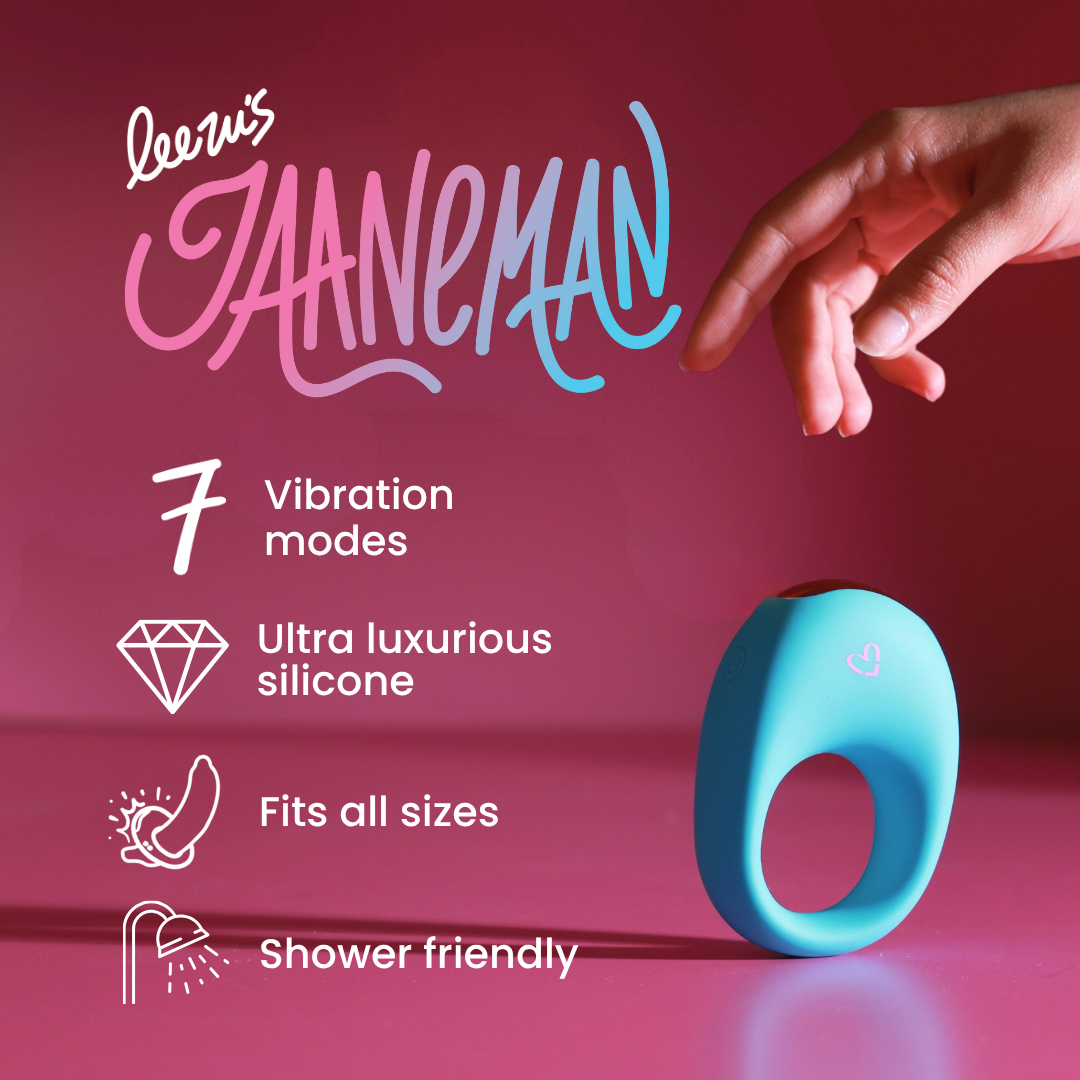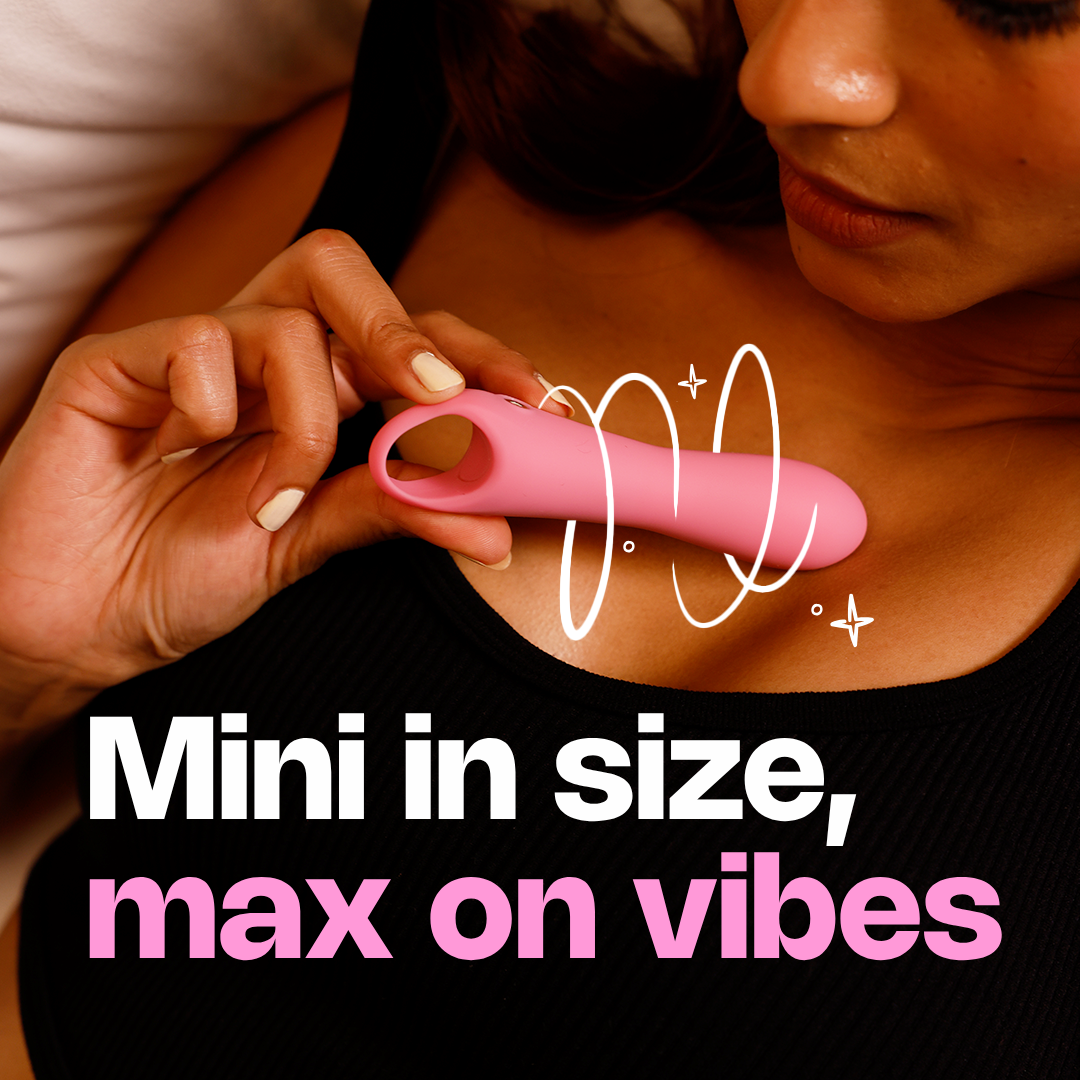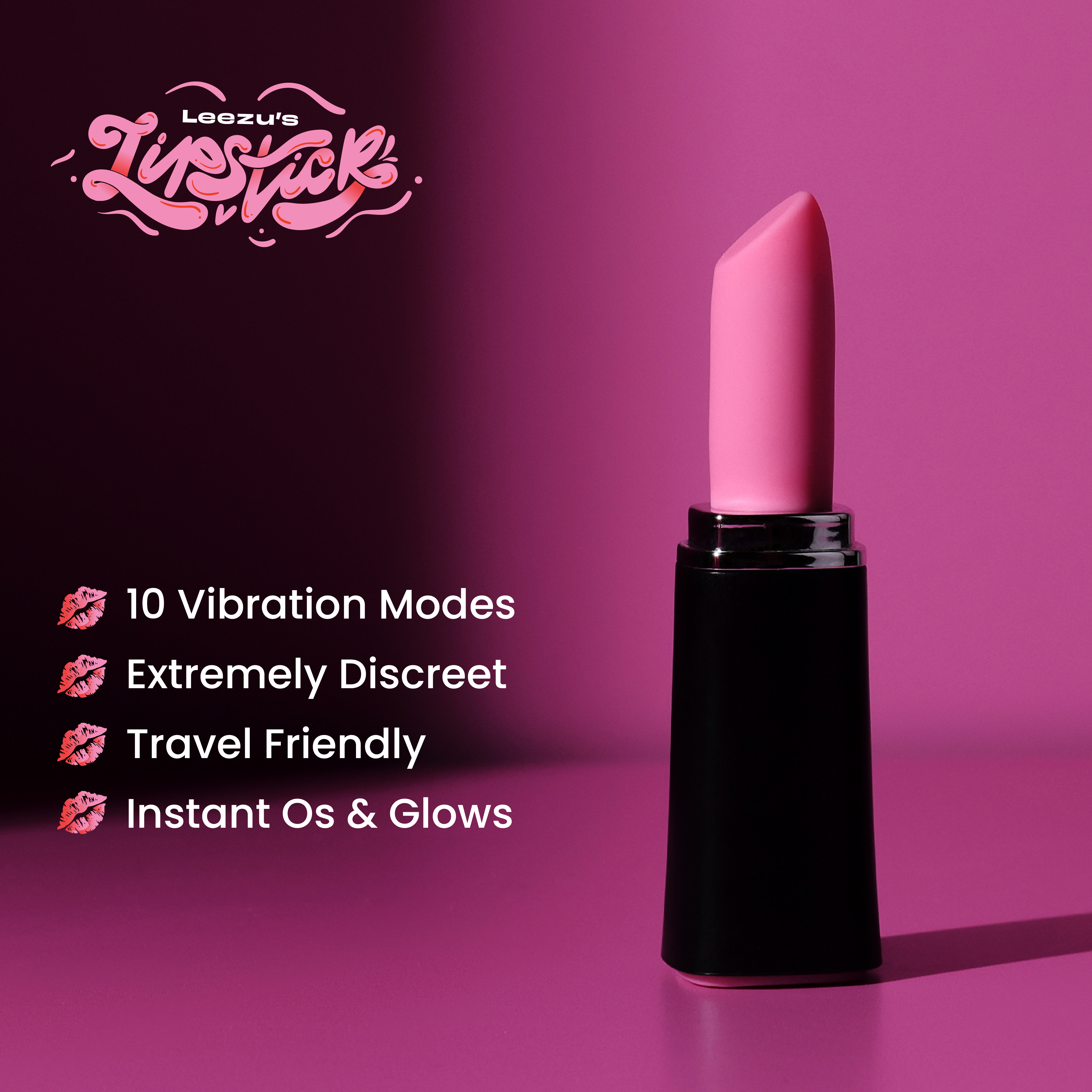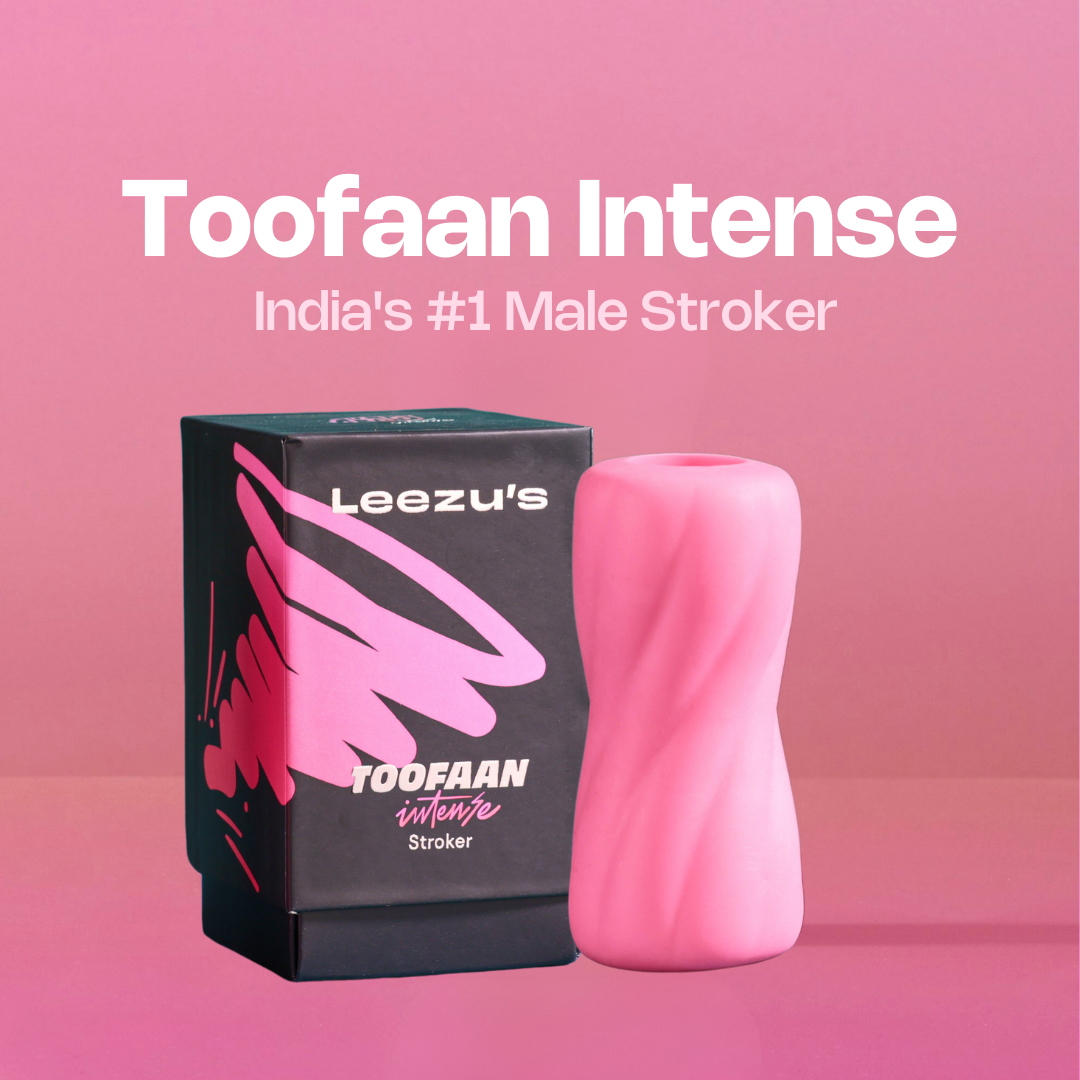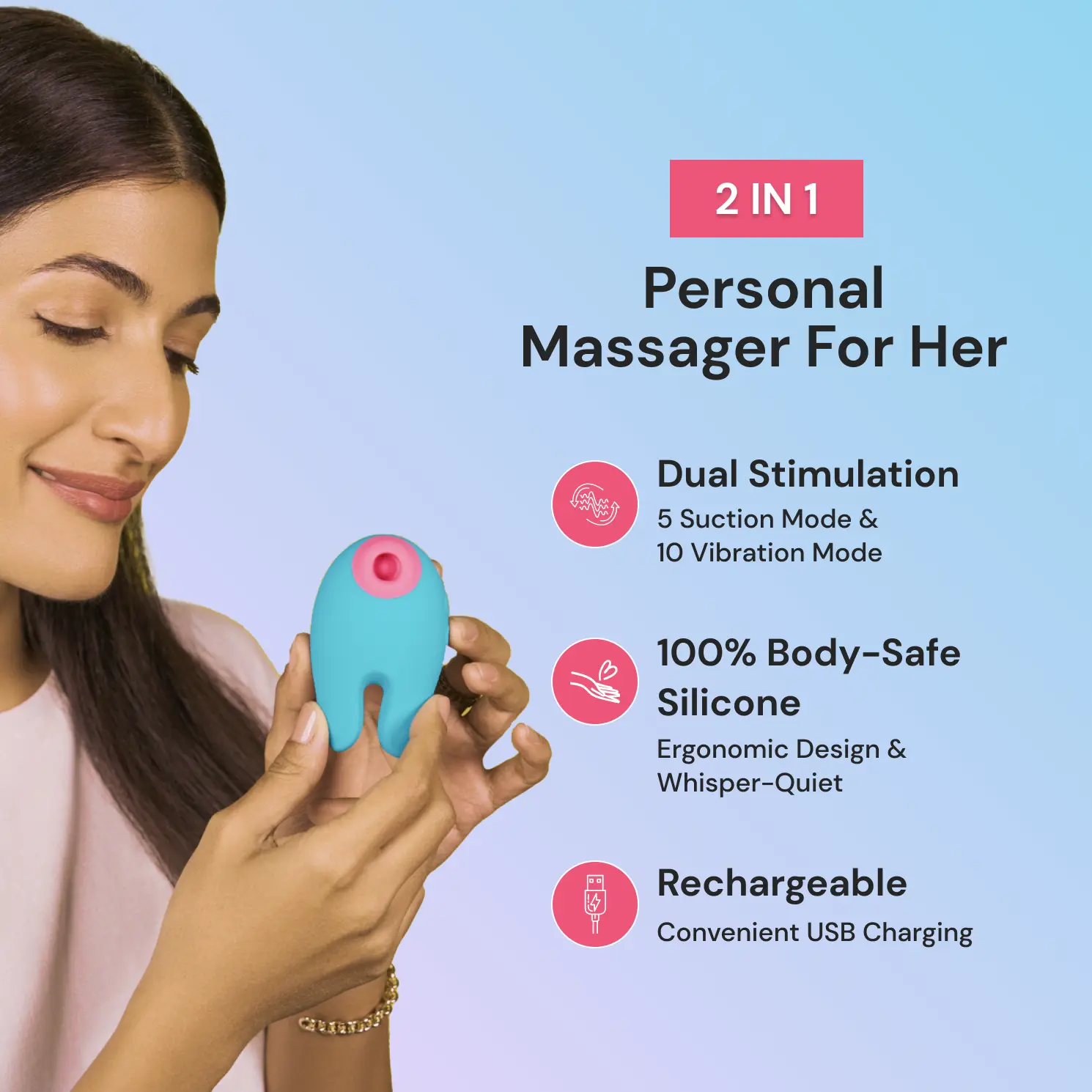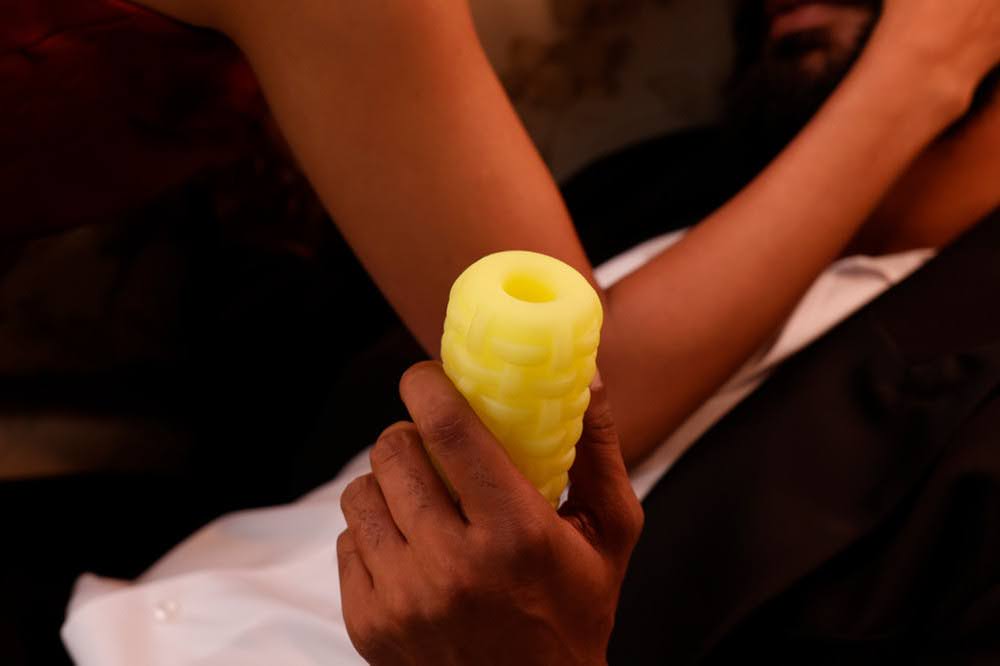We’ve all had nights where sleep feels impossible! The constant tossing, turning, and staring at the ceiling can really make you feel very uncomfortable. To circumvent this situation, some people have warm milk, use white noise, or try to avoid screens before bed.
In this blog, we will talk about one of the sassiest ways to lull yourself into sleep; masturbation.
What Is Masturbation?
Masturbation is the act of touching and stimulating your own body for sexual pleasure. It’s a completely natural and healthy way to explore your own desires, figure out what feels good, and relieve stress along the way.
If you are wondering about ‘how to masturbate’, you can do it through touching and stimulating the penis, clitoris, vulva, or breasts!
In fact, contrary to popular belief, masturbation isn’t just for people without partners, it’s simply another way to experience pleasure and maintain a healthy connection with your sexuality. It is a very normal form of self-exploration, pleasure, and self-care that can be done either by yourself or with the use of self love products .
Understanding The Link Behind Masturbation And Sleep
If you’ve ever found yourself feeling extra relaxed or even drowsy after masturbating, you are not alone. In fact, there is an actual science between masturbation and better sleep.
For you to fall asleep, your body needs to relax and unwind and that’s exactly what masturbation helps with. When you reach orgasm, your brain releases a powerful cocktail of feel-good chemicals, just what you need to drift into a deep sleep. Here is a look at the hormones that are released during masturbation.
Dopamine: This “happiness hormone” creates feelings of pleasure and satisfaction.
Endorphins: It is a natural pain reliever and helps you work your way around stress while enhancing relaxation.
Oxytocin: This is the love hormone which promotes bonding and creates a sense of calm.
Testosterone: This hormone is released during sexual activity and fantasies and plays a role in boosting arousal and stamina.
Prolactin: This is the hormone which is responsible for the post-orgasm “chill” effect.
How Does Masturbation Help You Sleep?
Masturbation can actually help improve sleep in several ways.
-
By Releasing Sleep-Inducing Hormones
Masturbation triggers the release of a powerful combination of hormones that promote relaxation, reduce stress, and create a sense of calm. It invariably helps quiet the mind while making it easier to drift off to sleep.
-
Managing Stress and Anxiety
If you find it hard to tune out the thoughts from the day, masturbation can really help you. It acts as a natural stress reliever by lowering cortisol levels. This helps you slip into a more restful state.
-
Relaxes Your Body
Masturbation can help in relieving muscle tension and physical restlessness, that makes it possible for you to unwind after a long day. The post-orgasmic relaxation is absolutely real and it feels like a natural sedative that prepares your body for sleep.
-
Improves Sleep Quality
Post masturbation, a hormone called prolactin surges in your body, that helps you not only fall asleep faster but also enjoy more restorative sleep.
-
No Side Effects
Unlike sleep medications or melatonin supplements, masturbation is a completely natural way to induce sleep by working in your body’s chemistry and without any negative side effects. It is simple, accessible, and enjoyable 😉
If you are totally floored by all these benefits, Leezu’s has a fabulous range of naughty gifts for him and naughty gifts for her that can totally elevate the thrill of your bedroom adventures.
Conclusion
So, the next time you are finding it hard to sleep, a little solo time is all that you need! No matter if you’re dealing with stress, anxiety, or just struggling to drift off, masturbation is like a built-in sleep support, minus the need for any pills or side effects!
So, pamper yourself and pander to your fantasies with Leezu’s while paying attention to how your body responds to masturbation while finding a routine that works best for you and your sleep routine. Talking of something great for your sleep routine; we also have a fab line up of couple intimate gifts that will totally spoil you for choice.
Frequently Asked Questions
Is masturbation healthy?
Masturbation is a normal and healthy part of human sexuality. It helps relieve stress, improves mood, promotes better sleep while empowering you to explore and understand your body! In fact masturbation and sleep also have a positive connection.
Is masturbation harmful?
Like anything, moderation is key. As long as masturbation is not causing physical discomfort or distress, it is perfectly safe.
What is the best way to masturbate?
You can experiment with different touches, speeds, and pressures. Use your hands or sex toys and pleasure yourself to your heart’s content. As a pro tip, we suggest women experiment with Leezu’s Love Bug and men can try out our Toofaan or Toofaan intense stroker.
Does masturbating make you tired?
Orgasms trigger a release of hormones that can help your body relax and unwind. This is what makes you feel tired after masturbating.
Will Masturbation help you sleep?
Masturbation helps in releasing stress relieving hormones that can have a positive impact on the quality of your sleep. In fact, people who masturbate and sleep, have a hormone called Prolactin to thank. This is because orgasm triggers the release of this hormone which causes sleepiness.
Is it possible to masturbate while sleeping?
When we talk about masturbating during sleep, it is important to understand that it is not always intentional. This phenomenon is called ‘sleep sex’ where a person engages in physical activity including masturbating during sleep.
Masturbating during sleeping can be linked to a number of factors such as sleep deprivation, stress etc.

 Power Rings
Power Rings
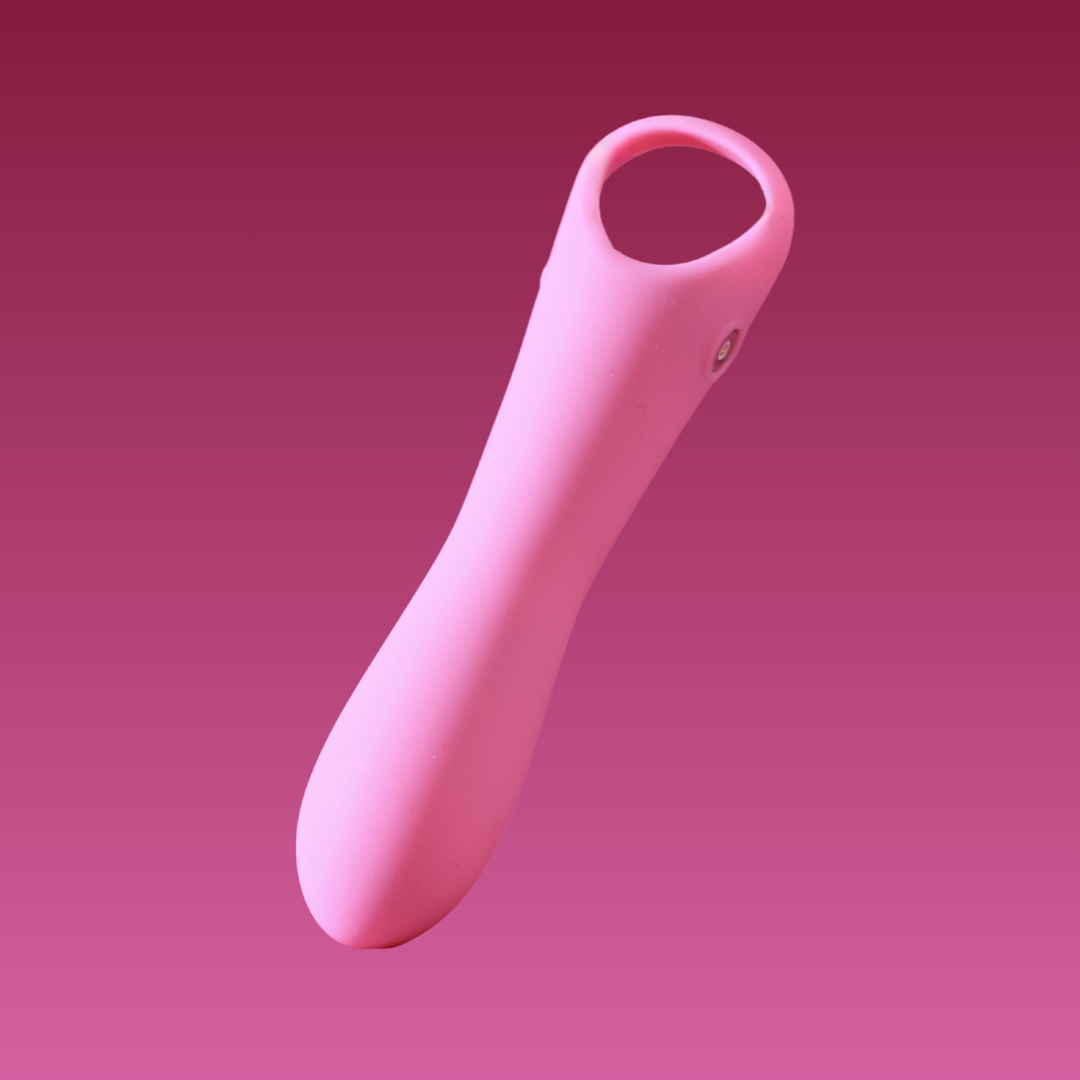 Mini Jaadugar
Mini Jaadugar
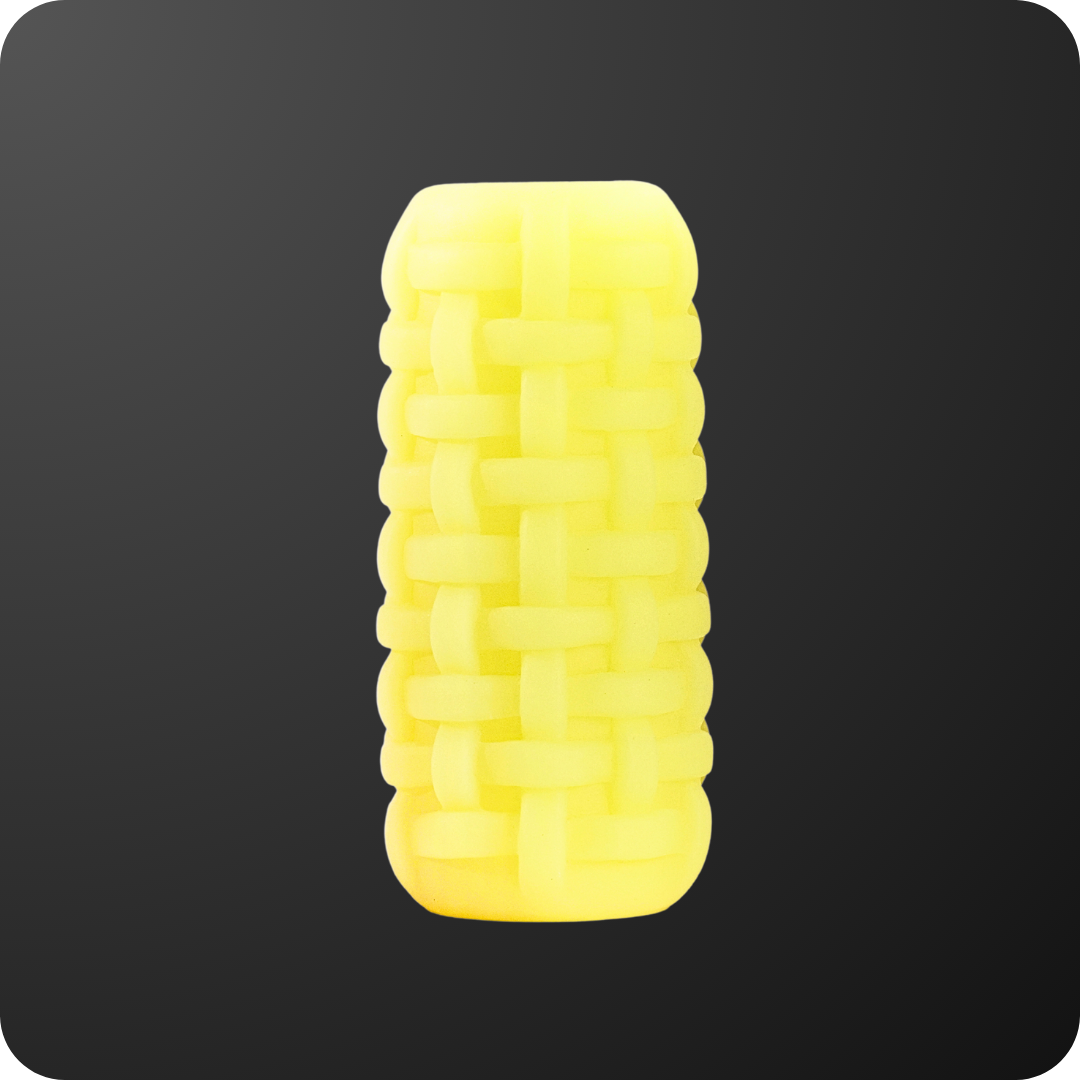 Sultaan
Sultaan
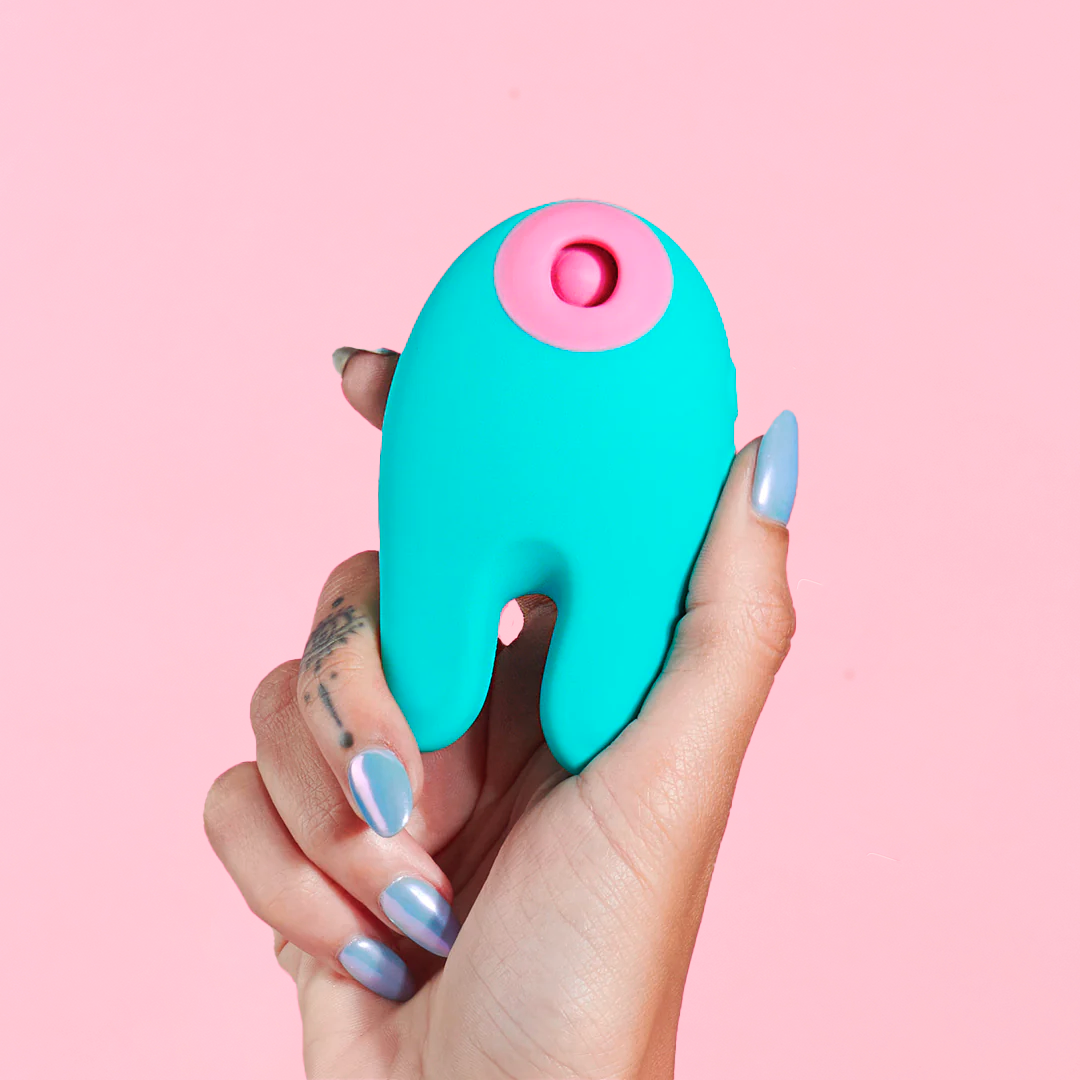 Pyaari
Pyaari
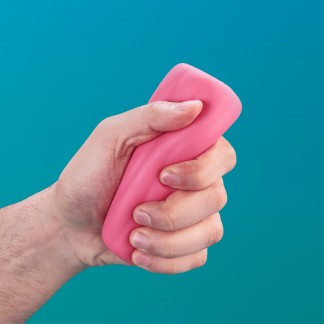 Toofaan Intense
Toofaan Intense
 Lipstick
Lipstick
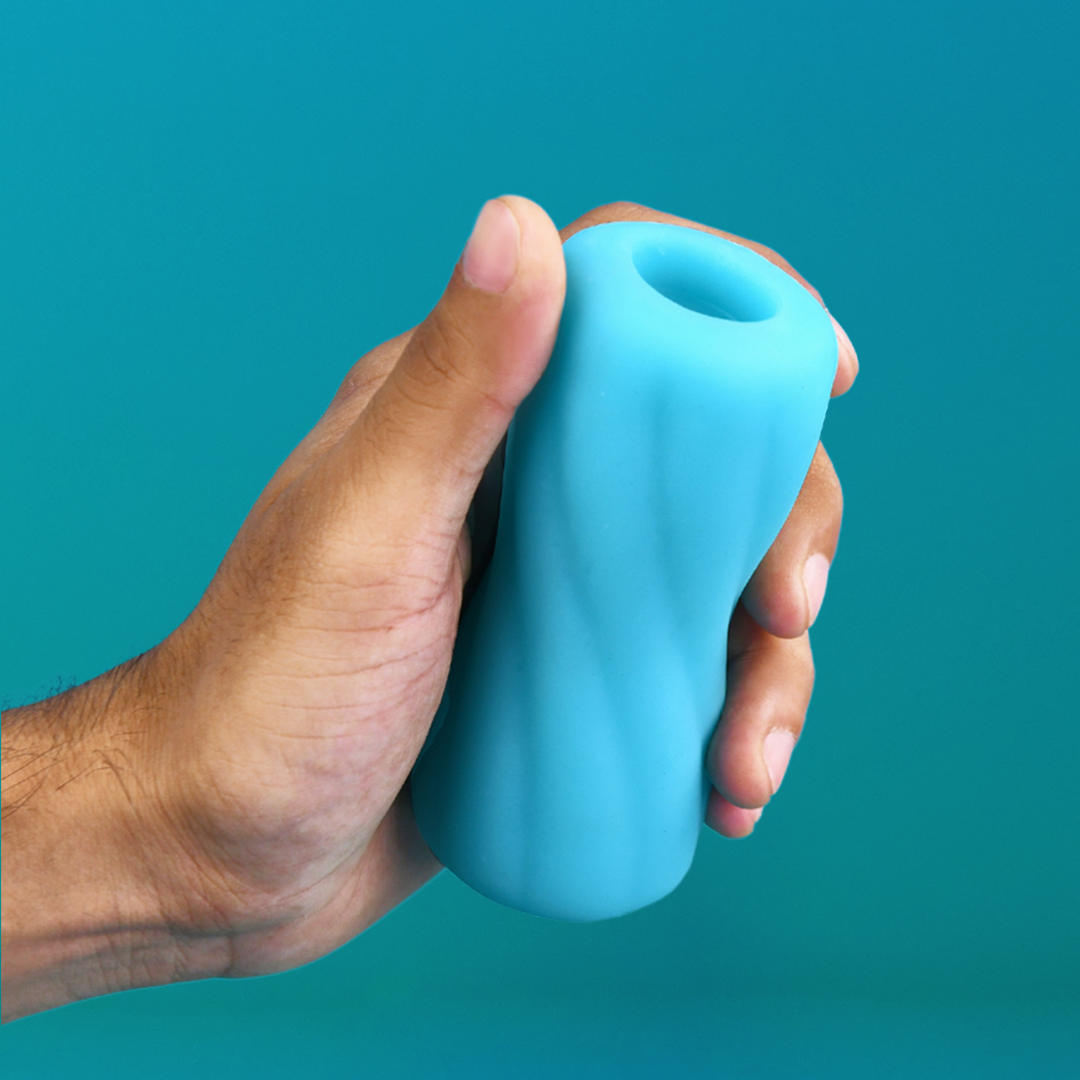 Toofaan
Toofaan
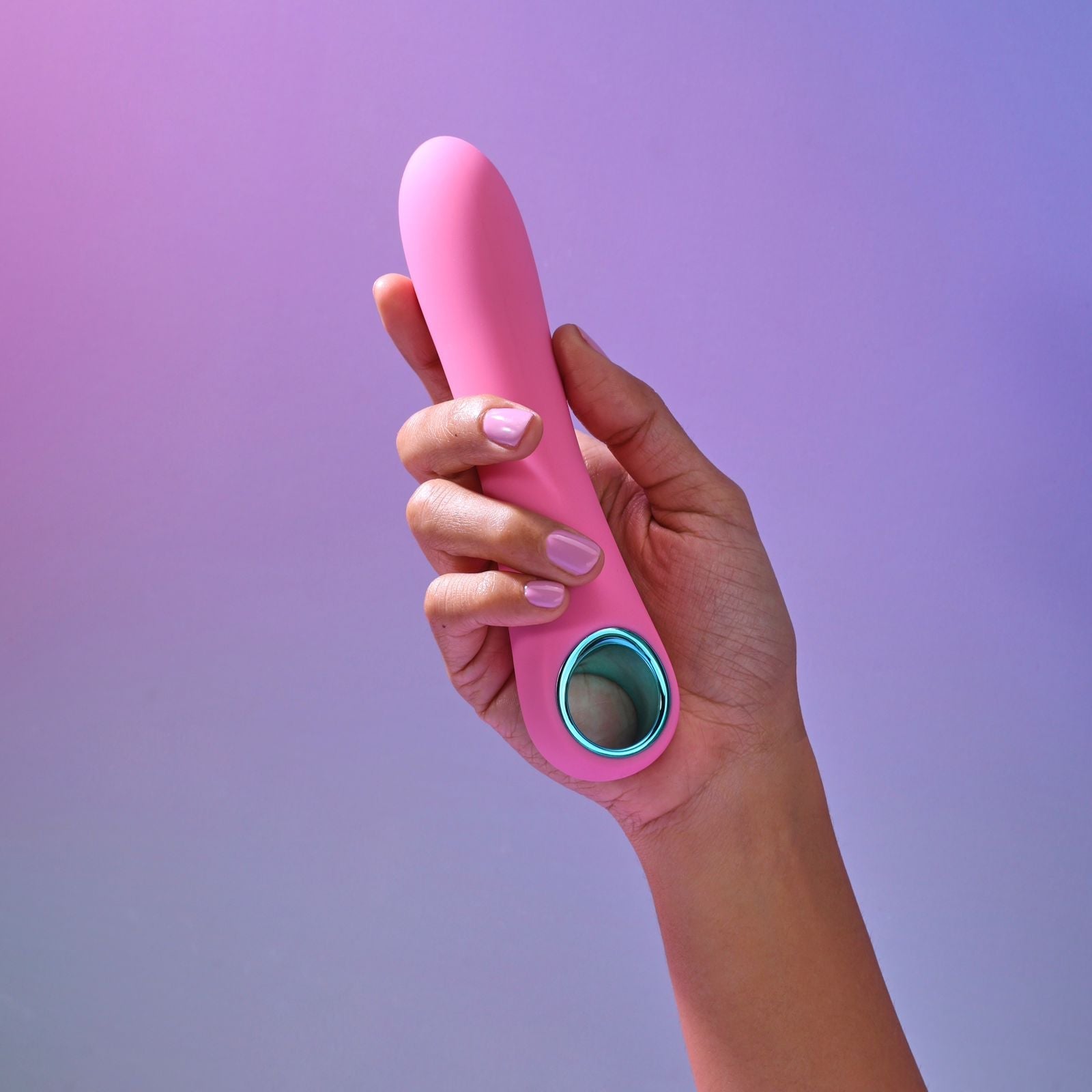 Jaadugar
Jaadugar
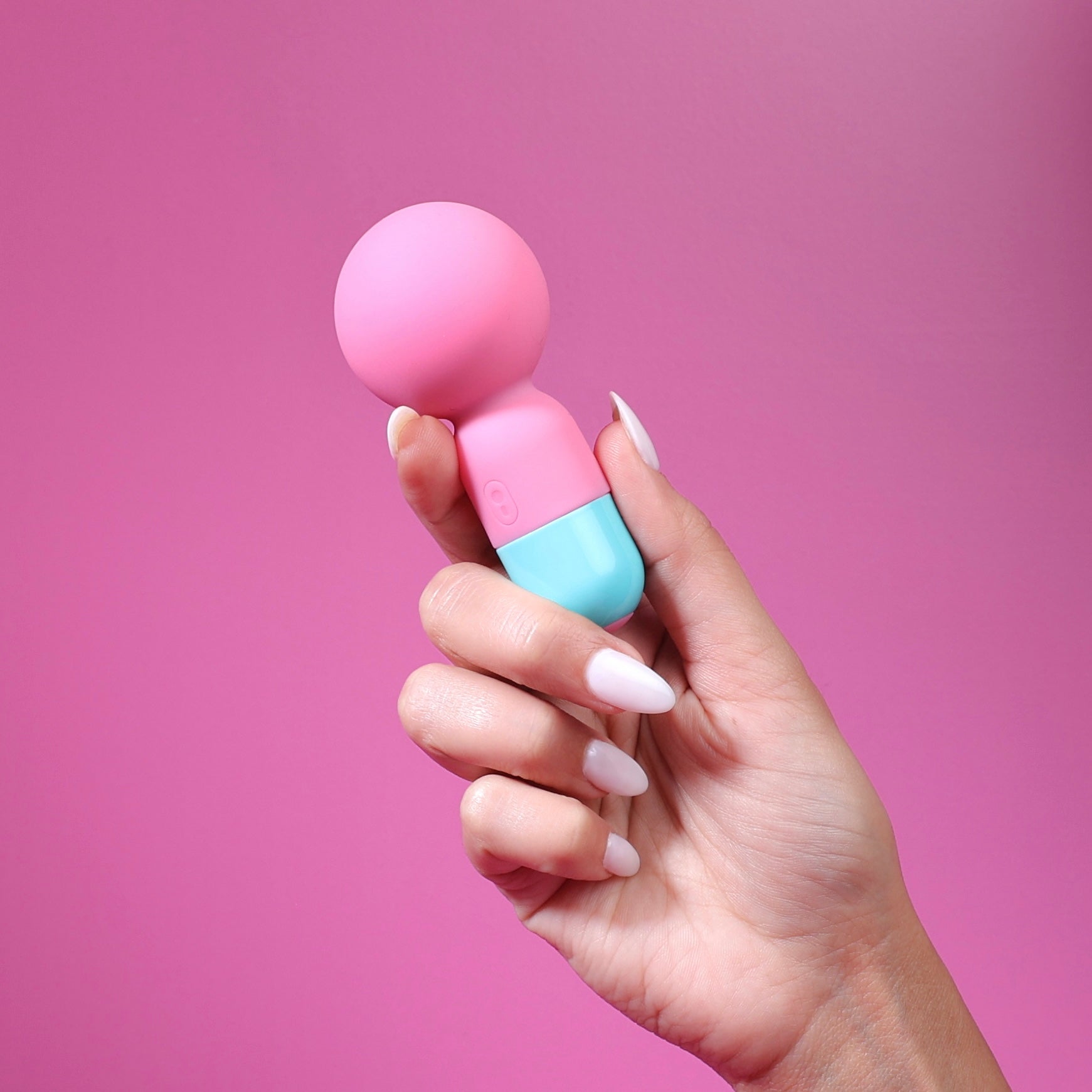 Bijlee
Bijlee
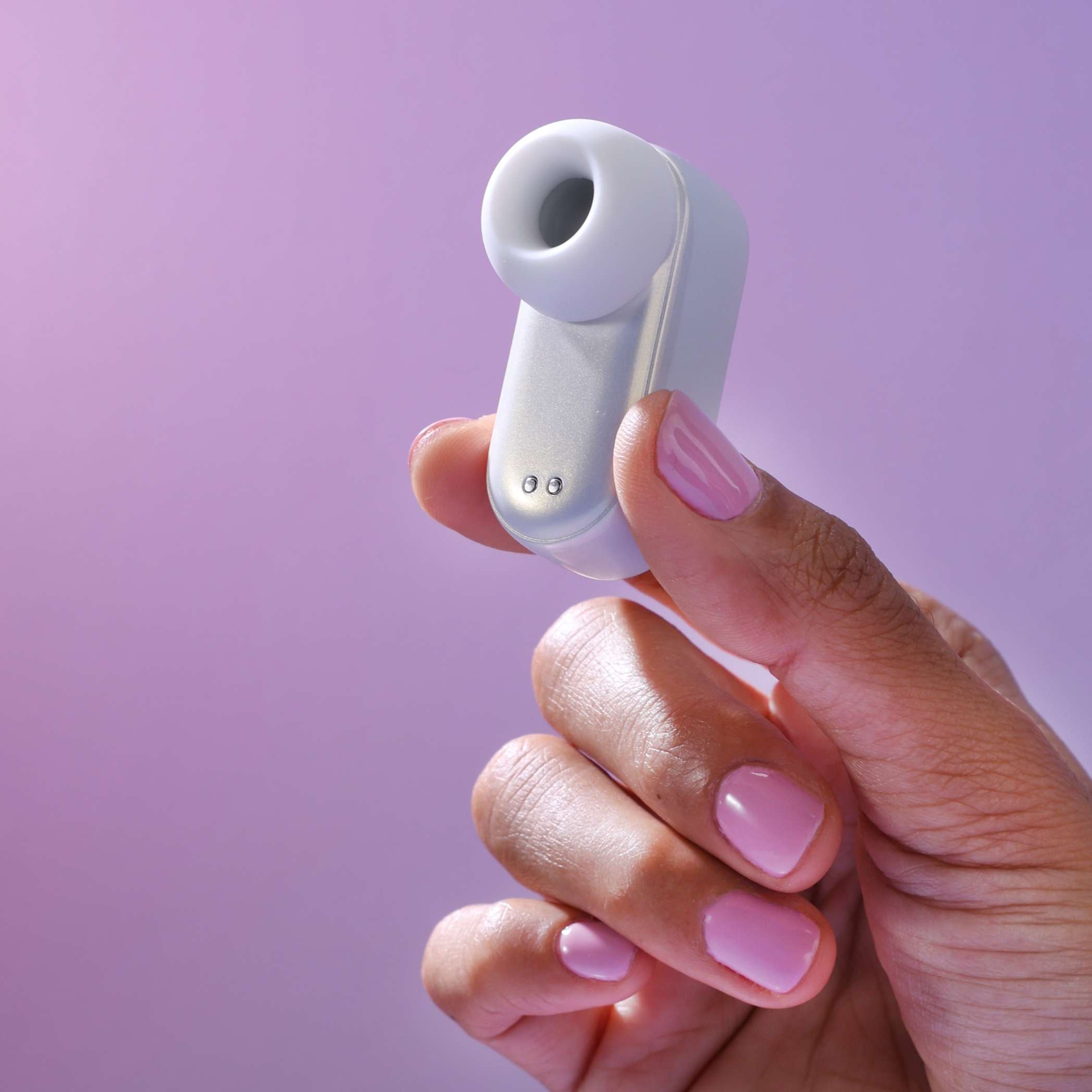 Love Bug
Love Bug
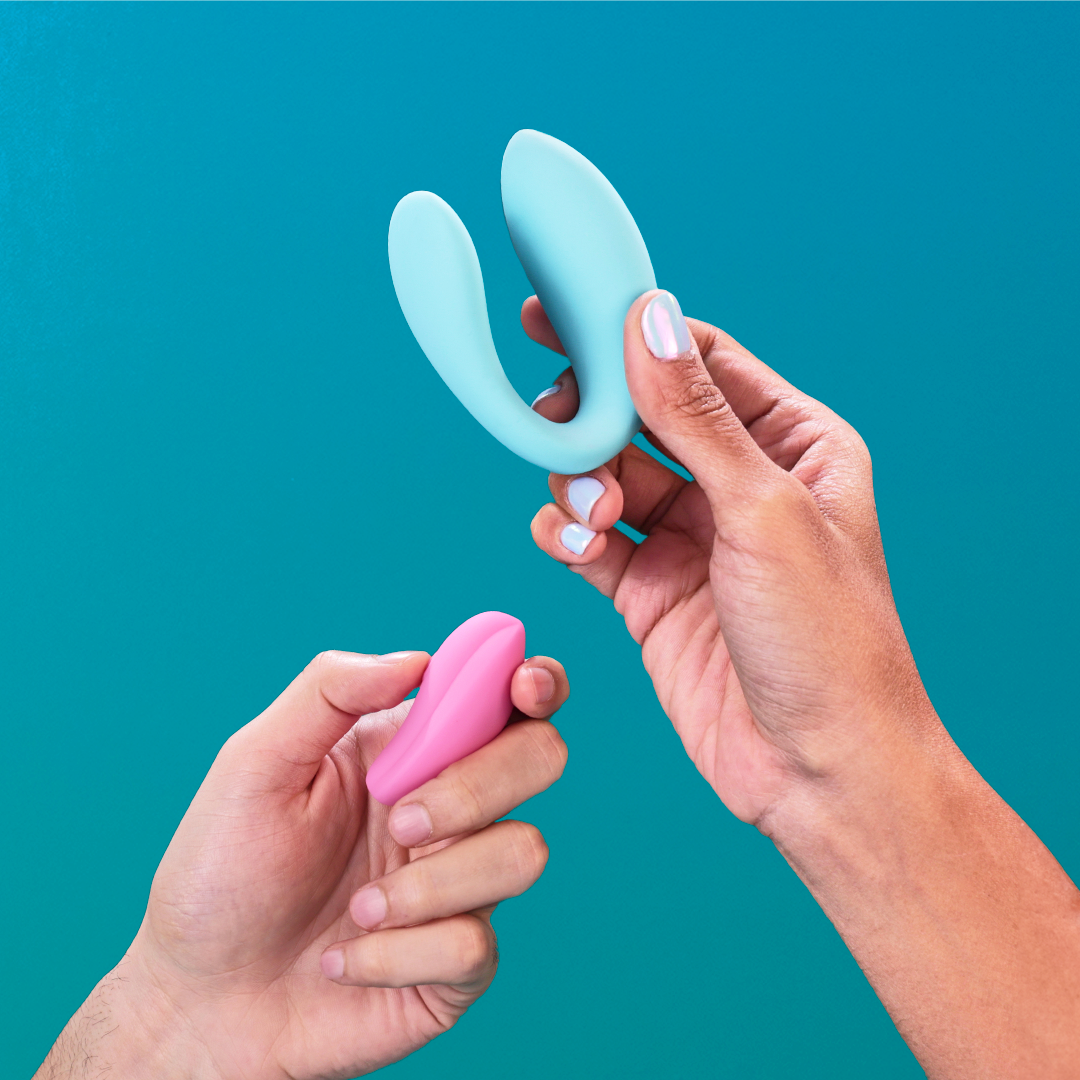 Natkhat
Natkhat
 FAQs
FAQs
 Track Your Order
Track Your Order
 About Us
About Us


